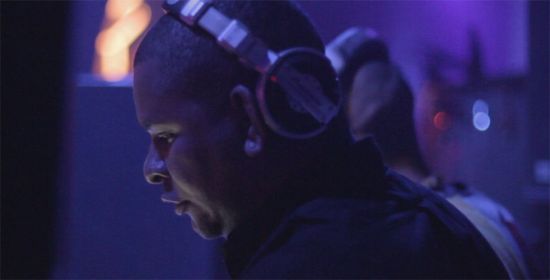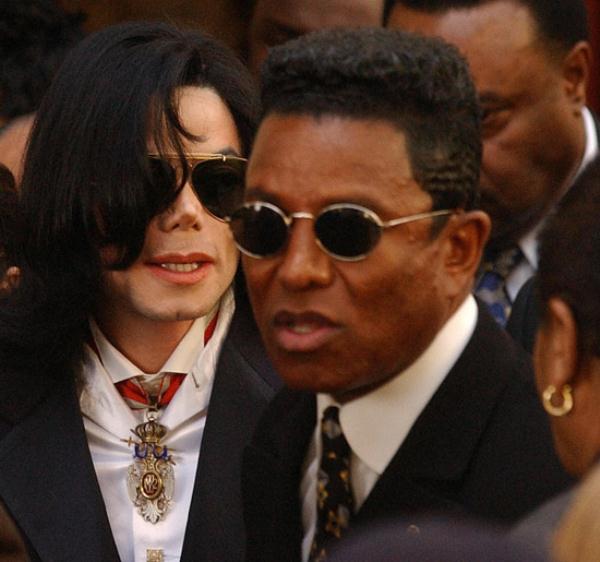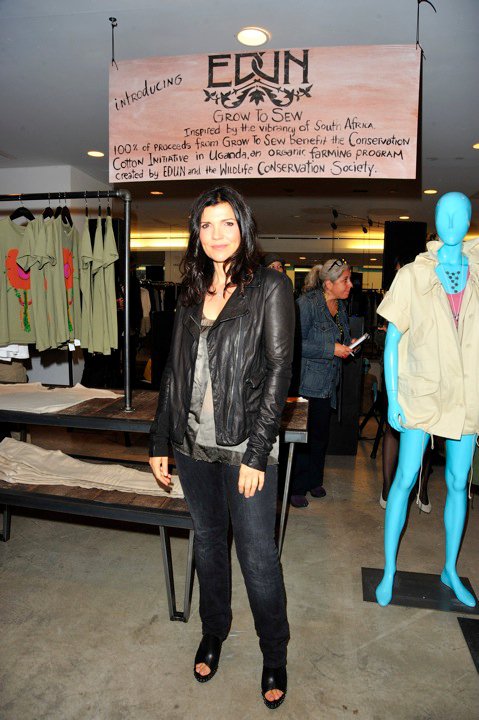 DJ Silyvi, one of the most respected Angolan House Music DJ shares a brief history about the rise of Angolan House Music and its global influence.
DJ Silyvi, one of the most respected Angolan House Music DJ shares a brief history about the rise of Angolan House Music and its global influence.
“Born in Luanda, Angola, in 1981, DJ-producer Silyvi is a staple on Angola’s electronic music scene. Over the course of his career, Silyvi has shared the DJ booth with heavy hitters in the house music scene, including Little Louie Vega, Onsulade, Boddhi Satva, and many others and has performed internationally in Lisbon, Shanghai, Dubai, Paris, Whindhoeck, Johannesburg, Rio Janeiro, and New York.
From an early age he loved playing with his father’s record collection. As a youth he visited the Tartaruga nightclub in Luanda and was hypnotized by the DJ booth. He started a collection of his own records that he played at family gatherings.
Silyvi began his real voyage into the music world in Portugal. In 1996, he created a hip-hop group in high school with friends and performed as a vocalist. Later, he moved from hip-hop to electronic music. “I left the hip-hop group and started to make more accelerated music: house, Afro-house and kuduro,” he recalls.
Silyvi had a laptop and began working with the Fruity Loops, the music production software program. “Initially I was just playing around with music production but then I went to Portugal for a course at Dance Planet to improve technically and to learn more about sound, production, and the name of the instruments.” Upon completing the course, he became a resident DJ at Number One in Portugal, where he experienced a crowd’s vibrant pulse for the first time.
In 2004, Silyvi returned to Luanda and co-founded Dj´S Sociedade, a company that rents and sells event equipment, with Ruca e Zaza. His notoriety continued to build on the Luanda music scene, and the following year he became a resident DJ at the infamous Kaos club-lounge, alongside DJ Mica, DJ Bruno Ag, and DJ Darcy. Silyvi began collaborating with one of the leading Luandan radio shows, Bombástico, on rádio da 96.5 F.M Stereo.
“A kuduro beat is different from any other beat,” Silyvi explains. The rhythm of the actual beat, the way it is sung, the speed, and the music is very fast. Everything is different in a kuduro beat. House and electronic music is normally only clap, clap, clap, clap. Kuduro is more rhythmic. . .” – Oskudiristas
Founded in 2007, Ladybrille® Magazine is a California based pioneer digital publication demystifying the image of Africans in the west through contemporary African fashion and celebrating the brilliant woman in business and leadership, with an emphasis on the African woman in the diaspora. Our coverage includes stories on capital, access to markets, expertise, hiring and retention, sales, marketing, and promotions.




